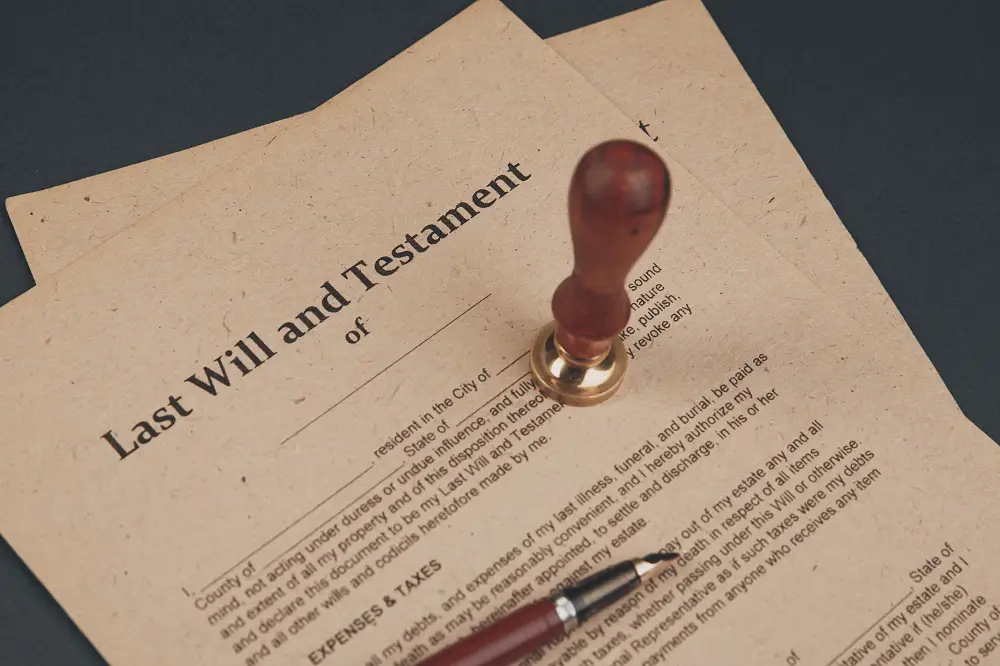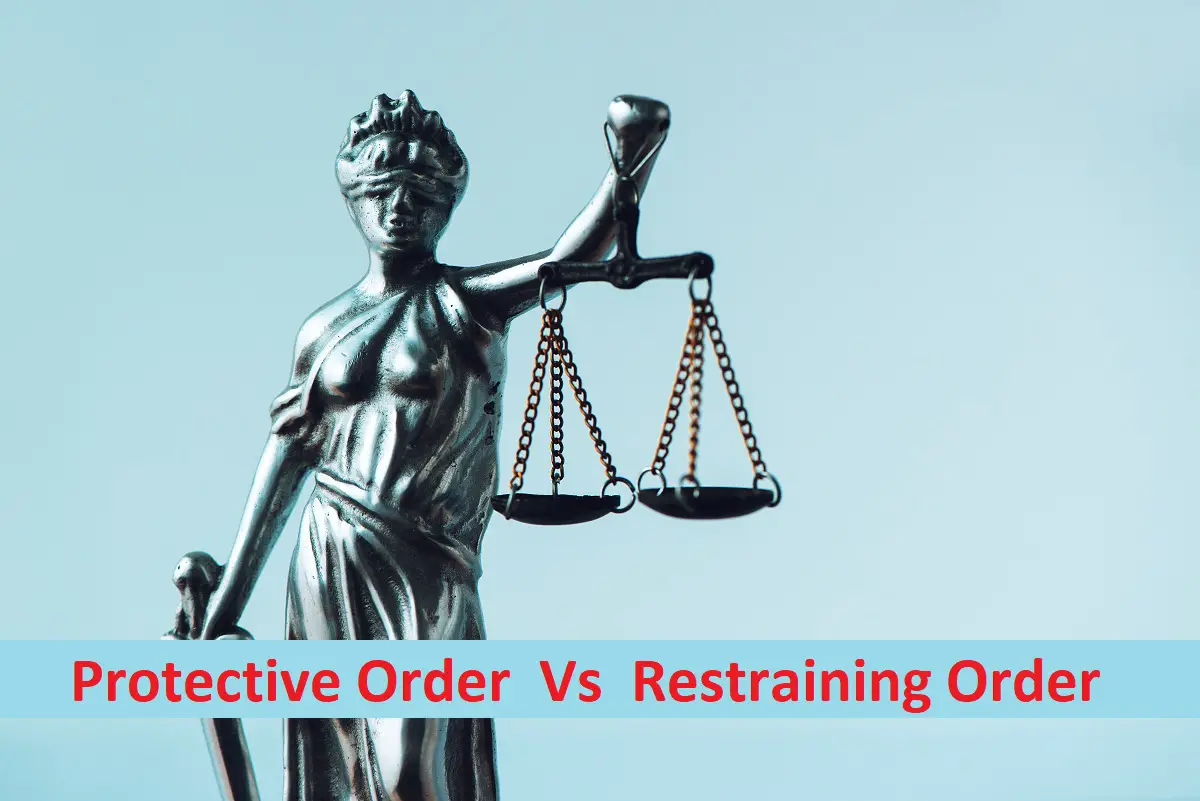Difference Between Executor and Trustee (With Comparison Table)
When you are dealing with legal wills, some terms can often get confusing. Executor and trustee are two such terms. There are many similarities between these two. They are both fiduciaries entrusted to handle the assets of a dead person. So, what is the difference between executor and trustee?
Executor vs. Trustee: An Overview
First, let’s have a look at what these roles entail;
Who Is an Executor and What Is His Role?

Executors are left in charge of the estate of a deceased individual. Their role is to administer the estate of the person, which includes all of the real & personal property the person owned.
The role of an executor is to divide and distribute the assets among the beneficiaries of the deceased individual included in the estate by following his/her will. It is the executor’s legal duty to always act in the best interest of the estate’s deceased owner as well as the beneficiaries entitled to the assets.
Who Is a Trustee and What Is His Role?

Much like an executor, a trustee’s responsibility entails administering someone’s trust. A trust, in this case, is a legal arrangement where a sole or several trustees have a legal title of an asset or property on behalf of one or more beneficiaries.
In this case, the beneficiary is the true owner and receiver of the assets of the trust. The role of the trustee is to handle the assets with the beneficiaries’ best interests in their mind.
A trust can vary in its type; it may be charitable, revocable, or irrevocable. When the beneficiaries receive the title of the assets will depend on the agreement; it can be either when the beneficiary comes of age or when the beneficiary dies.
Difference Between Policy and Procedure
The Differences Between Executor and Trustee
As you may have seen, the roles of an executor and a trustee are very similar. They both have a fiduciary duty to act in the best interest of another person or group of persons. The few differences that they have included;
Duration of the Role
An executor’s duty lasts for however long it takes for him to pass down all of the assets of the deceased individual to their beneficiaries legally. After all the assets are accounted for, the executor’s job is done.
On the other hand, a trustee is expected to manage the trust for its entire life. The life of the trust may continue for a few years to decades, depending on the terms of the agreement. Usually, the role of a trustee ends when the beneficiary reaches a certain age or dies. This, too, depends on the agreement terms.
An Executor Can Refuse to Do the Role; a Trustee Cannot
Just because a person named someone as an executor before their death does not make it legally binding on the executor to do the role. The executor, if he/she wishes, can refuse to do the role. This is because usually, there are no legal agreements between the deceased person and the executor.
A trustee, on the other hand, is required to continue fulfilling his role if he signs the agreement. Because an agreement is involved, a trustee cannot opt-out of this.
Scope of Responsibility
An executor has to handle and care for all of the assets a dead person owned, both real as well as personal assets. Until all of the legal work is finished, he remains responsible for the entire estate of the deceased person. So, his scope of responsibility is very big.
By contrast, a trustee is only concerned with the assets that fall under the trust. He will handle those assets only. Any other assets of the trustor or the beneficiary do not concern the trustee. So, his scope of responsibility is limited.
Purpose of the Role
The main role of the executor is ensuring that the will of the deceased individual is followed and all of their assets are distributed following the law and the will.
And the role of the trustee is to manage the assets under the trust by following the terms of the agreement until the beneficiary is ready to hold the legal title to those assets.
Recommended for You:
- Difference Between OWI and DUI
- Difference Between Revoked and Suspended License
- Difference Between Restraining Order and Protective Order
Trustee Vs. Executor: A Comparison Table
Here is a quick recap of all the differences;
| Parameters of Comparison | Executor | Trustee |
| Legally Binding | No, an executor can refuse to do the role | Yes, after an agreement is signed |
| Responsibility | The entire estate of the deceased person | Only the assets under a trust |
| Purpose | To execute the will of a person | To preserve the assets of a trust for the beneficiary’s benefit |
| Best Interests | Of the deceased person as well as the beneficiaries in the will | Only the beneficiaries |
| Duration of Role | Until all assets are distributed; limited responsibility | Until the beneficiaries reach a specific age or upon their death; responsibility can last for decades |
Final Words
There you have it, the differences between executor and trustee are explained. Keep note that a person can be both a trustee and an executor. This means a trustee’s scope of responsibility might be widened enough to equal that of an executor.
However, knowing the differences between them is vital because an executor and a trustee are not the same roles, albeit similar.






